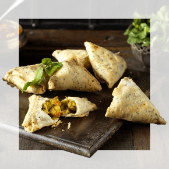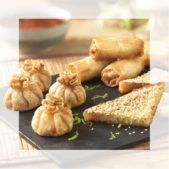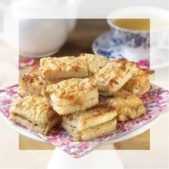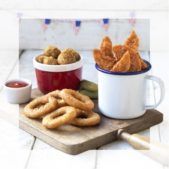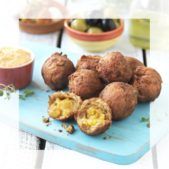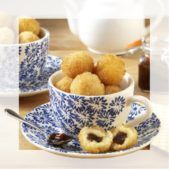The BBC marks its centenary this month, with its first general manager, John Reith, declaring at launch that its aim would be to: “inform educate and entertain.”
And over the past 100 years cookery shows have found a regular spot in the schedules with numerous TV chefs combining those key ingredients to inform, educate and entertain in varying measures.
The first chef to appear is believed to be Rosina Dixon in 1936.Known as the singing chef, she insisted that belting out a tune in the kitchen helped to keep the pastry light.
Whilst BBC transmissions played a crucial role during the Second World War, cookery shows were put on hold until Philip Harben took to the airwaves in 1946 and quickly became the first celebrity chef.
Harben had left his job running a restaurant to serve with the RAF during the war and when an eye injury meant he could no longer fly, he was assigned to the Army Catering Corps.
Following the end of the war Harben fronted a series of cookery shows on the BBC and with rationing still in force, he often used his own allowance to provide the ingredients.
Whilst Marguerite Patten and Fanny Cradock proved popular, it was a TV chef that emerged in the seventies that would take the genre to a new level.
After leaving school with no qualifications and working in various jobs including as a hairdresser, shop assistant and travel agent, 21-year-old Delia Smith got a job as a dishwasher in a London restaurant.
She progressed to helping with the cooking and, enthused by the role, spent her lunchtimes in the reading room of the British Museum, researching cookery.
She made the cake for the cover of the Rolling Stones album “Let It Bleed”, wrote a column for the Daily Mirror and worked behind the scenes in Tv before getting her break in front of the camera where her down to earth style proved a massive hit with viewers.
Her cookery book The Winter Collection was the fifth highest selling book of the nineties and the Delia effect came into common usage to describe how ingredients and utensils used by her would rapidly sell out. When she praised a small aluminum frying pan as “fabulous” for omelettes the small family firm in Lancashire that made them saw orders soar from 200 a year to a staggering 100,000.
An increase in foreign travel also led to a more adventurous British palate and the BBC turned to Madhur Jaffrey to educate us on Indian cooking with Ken Hom and his wok leading the way for Chinese cooking whilst Antonio Carluccio explored Italian cuisine.
What began as a single chef, singing to her pastry has grown into a feast and now you can’t switch on the TV without Nigella, Gordon, Ainsley or others twirling a skillet or amateur cooks inviting you to come dine with them or battling it out in the Great British Bake-Off or Masterchef.
TV food programmes have moved with the times and it’s the same at SK Foods. We scour the globe for the best in traditional and new world cuisine and our chefs are constantly experimenting in the kitchen to help ensure your food turns out perfect every time – and it’s a great accompaniment whilst watching Netflix.
